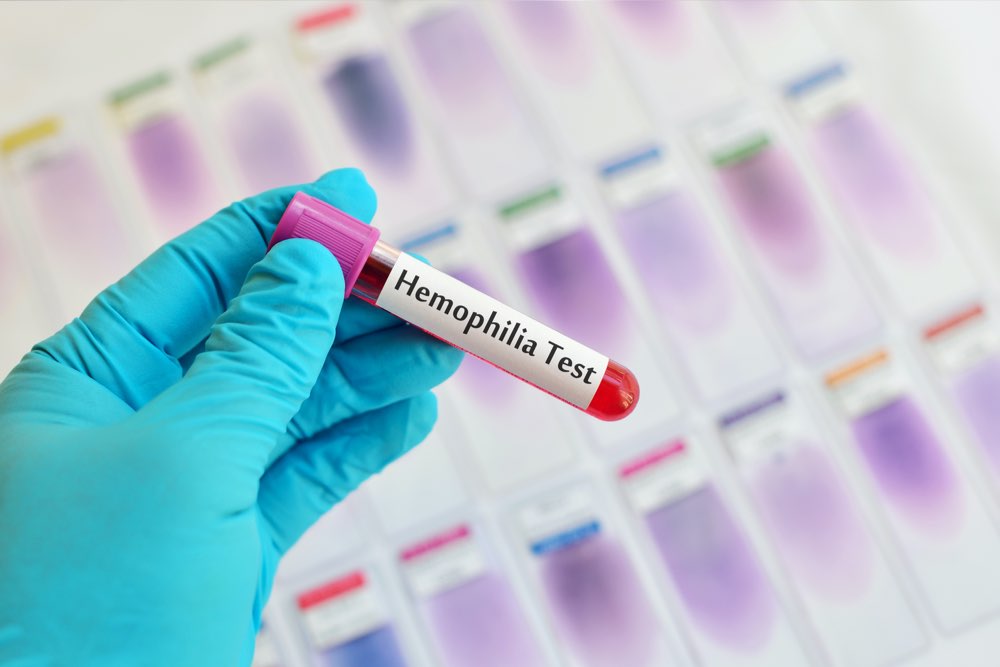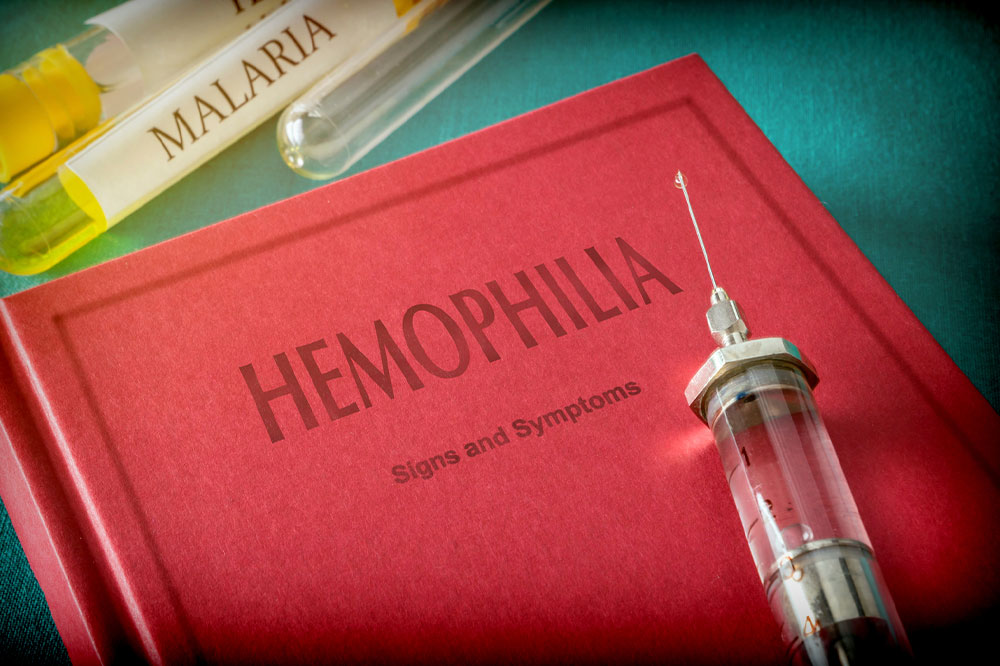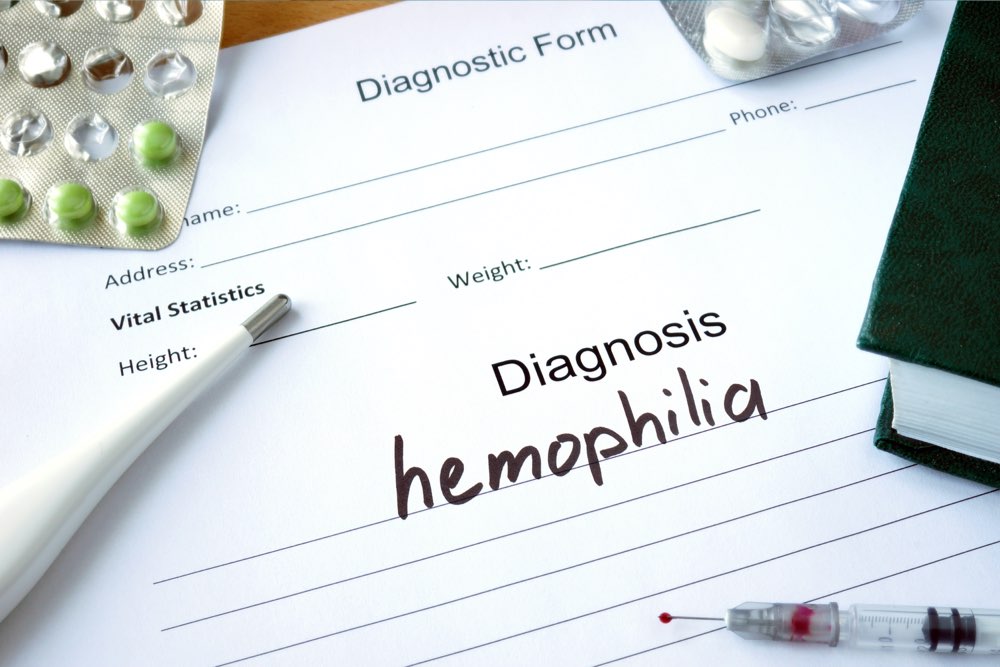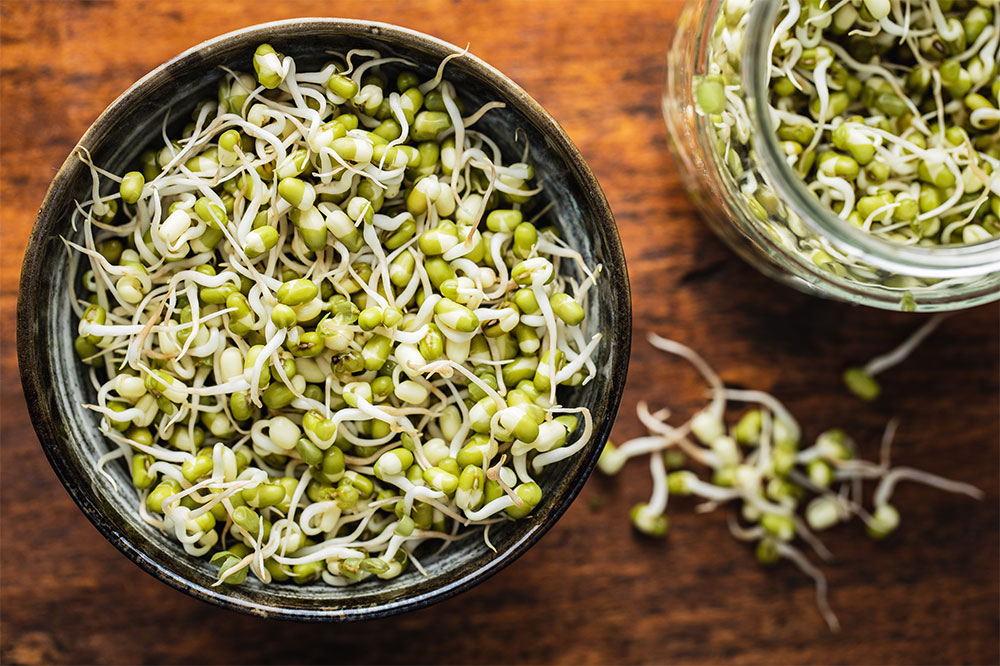Comprehensive Nutritional Strategies for Effective Hemophilia Management
Discover detailed nutritional strategies to improve hemophilia management, including essential foods to incorporate and avoid. Learn how iron-rich foods, low-fat dairy, whole grains, fruits, and vegetables support health, alongside medical treatments like AFSTYLA®. This comprehensive guide empowers those with hemophilia to optimize their diet and reduce bleeding risks for a better quality of life.
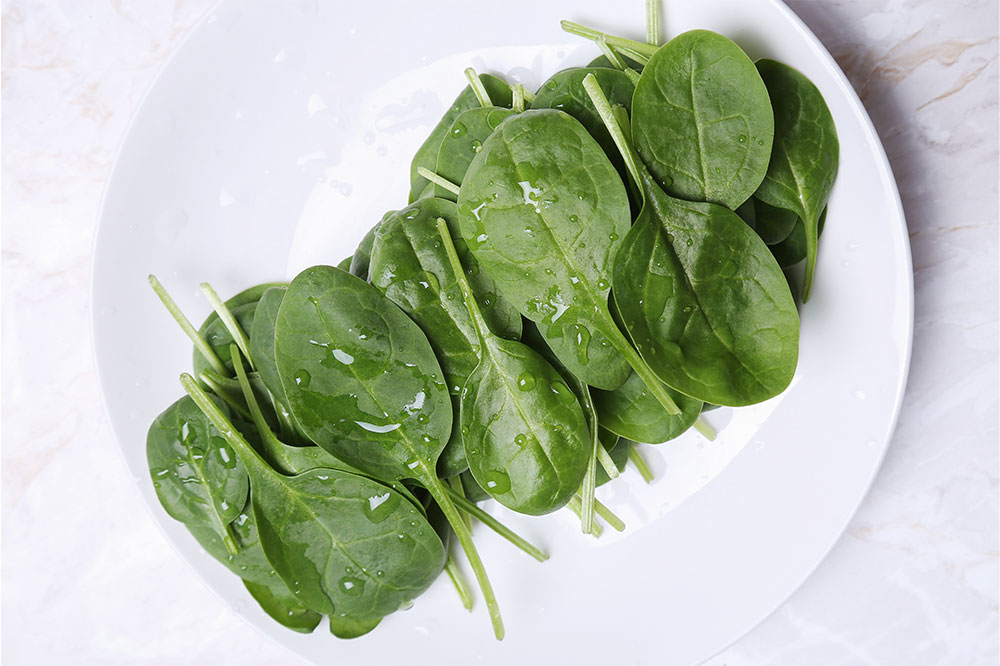
Essential Dietary Guidelines to Support Hemophilia Care
Hemophilia is a genetic bleeding disorder characterized by the body's inability to produce sufficient clotting factors, primarily factor VIII or IX. This deficiency leads to a tendency for prolonged bleeding episodes, which can be externally evident through cuts and bruises or internally affecting muscles and joints. While medical intervention is critical, integrating specific nutritional strategies into daily life can significantly aid in managing this complex condition. Proper diet not only supports overall health but also assists in reducing the severity and frequency of bleeding episodes for hemophilia patients. This comprehensive guide details essential nutritional practices tailored for individuals living with hemophilia, emphasizing foods to incorporate and avoid to promote optimal health and reduce complications.
Prioritize Iron-Rich Foods to Prevent Anemia
Individuals with hemophilia are at increased risk of iron deficiency anemia due to ongoing blood loss from frequent bleeding episodes. Ensuring sufficient iron intake is paramount to counteract this risk. Incorporate iron-dense foods into your diet, such as dark leafy greens like spinach, kale, and broccoli, which are plant-based sources of non-heme iron. Organ meats like liver and kidney are excellent for increasing iron stores, as are lean poultry cuts such as chicken and turkey. Pair these iron-rich foods with vitamin C sources like oranges, strawberries, bell peppers, and tomatoes to enhance iron absorption from plant-based sources. Moreover, avoiding calcium-rich foods during iron-rich meals can improve iron uptake, as calcium competes for absorption.
Opt for Low-fat Dairy Products to Support Bone and Immune Health
Maintaining a healthy weight is essential for individuals with hemophilia, as excess weight can exacerbate joint stress and increase bleeding risk. Incorporate low-fat dairy options such as skimmed or unsweetened almond milk, yogurt, and cheese into your diet to supply vital nutrients like calcium, vitamin D, and protein. Adequate calcium intake is crucial for maintaining bone density and preventing osteoporosis, which is a concern in chronic illness management. Nuts, seeds, and avocados provide healthy fats that support immune function and cardiovascular health, but portion control and nutritional balance are key. Always consult a healthcare professional or dietitian to tailor dietary plans suitable for your specific health needs.
Eat Whole Grains, Fruits, and Vegetables for Overall Wellbeing
A fiber-rich diet supports digestive health, helps maintain stable blood sugar levels, and reduces cholesterol, all of which are beneficial for individuals with hemophilia. Incorporate whole grains such as oats, quinoa, brown rice, whole wheat bread, and bran into your meals. These foods offer sustained energy and promote feelings of fullness, aiding in weight management. Complement your diet with a variety of colorful fruits and vegetables—berries, citrus fruits, carrots, bell peppers, and cruciferous vegetables—that are high in antioxidants, vitamins, and minerals. These nutrients help bolster the immune system and reduce inflammation, supporting overall health and minimizing the risk of infection or other complications.
In addition to dietary adjustments, medical treatments play a vital role in hemophilia management. For example, AFSTYLA® (antihemophilic factor VIII) is a recombinant factor VIII concentrate used to treat and prevent bleeding episodes in both adults and children. Regular prophylactic infusions of factor VIII can significantly reduce spontaneous bleeding, protect joints from damage, and improve quality of life. Combining proper nutrition with appropriate medical therapy offers a comprehensive approach to managing hemophilia effectively.
